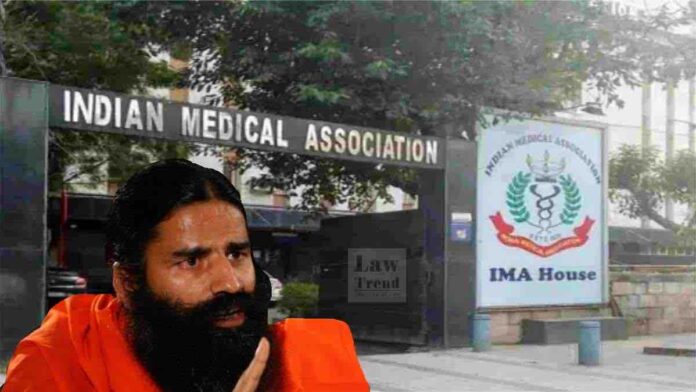The Supreme Court of India today held a critical hearing concerning misleading advertisements released by Patanjali Ayurveda. During the session, the court acknowledged a marked improvement in the company’s latest apology over previous submissions, which were deemed insufficient.
In a previous hearing, the court had expressed dissatisfaction with Patanjali’s brief apology, which merely stated “Patanjali” without any substantive regret or clarification. “This time, the apology is significantly better, showing that they have understood the gravity of the issue,” remarked a bench of the Supreme Court. The court has requested that Patanjali only submit the newspaper clipping and the date of the latest apology.
Amid these proceedings, attention was also drawn to comments made by Dr R.V Ashokan, the President of the Indian Medical Association (IMA). Senior Advocate Mukul Rohatgi presented Ashokan’s statements to the court, which quickly escalated into a serious issue. The Supreme Court directed that Ashokan’s statements be officially recorded, indicating severe implications and advising him to be “prepared to face the consequences.”
During an interview with a news agency, Dr. Ashokan criticized the Supreme Court for allegedly undermining the practices of IMA and private doctors. He stated, “It is unfortunate that the court has criticized private practitioners based on unclear statements, which has demoralized them.” He added that it seemed the court was not fully aware of the facts presented before it, suggesting a lack of attention to the real issues at hand.
This statement followed remarks from Ashokan last Monday, where he accused Baba Ramdev of crossing the line by claiming to have a cure for COVID-19 and disparaging modern medical science as “foolish and bankrupt.” This was IMA’s first official response following a reprimand from the Supreme Court last month directed at Ramdev and his company for their misleading advertisements.
Also Read
The Supreme Court’s stern warning to Dr. Ashokan underscores the ongoing tension between traditional Ayurvedic practices promoted by figures like Ramdev and the modern medical community, represented by IMA. The court’s focus on ensuring accountability in advertisements reflects its commitment to consumer protection and the integrity of medical claims in public discourse.




